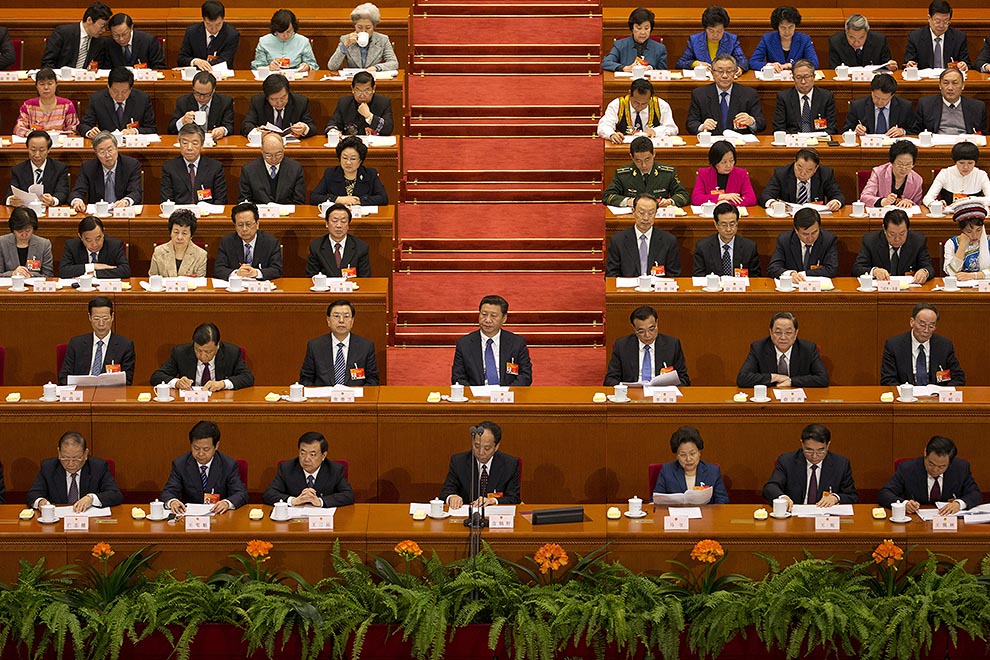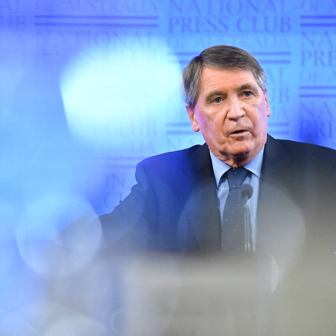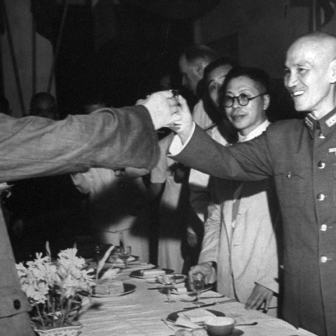In the mid 1990s, back in Britain after two years in China, I worked for a few months for a small company trading with the People’s Republic. I remember one meeting during which one of the partners bragged about how high the firm’s turnover had been in the previous year. His colleague looked at him sourly. “Turnover is vanity,” he said. “The only thing that matters is profit.” The company went bankrupt a couple of years later – some time after I left, I hasten to add. Its turnover was still high, its profit non-existent.
The recent claims about the immense power accrued by China’s president Xi Jinping reminded me of that conversation. Power is a bit like turnover: having heaps of it is not the most important thing. Its real value depends on the way it is used. All we can say at the moment is that Xi, laden with all the outer trappings of authority, certainly knows how to do the “soft” side of the power business. He speaks and acts like a powerful person, and he has garnered an immense list of influential positions. He has momentum behind him, and he is still in his honeymoon period.
All of these things could have been said about that other master of the soft side, Britain’s Tony Blair. He too had practically everything he could have desired in terms of mandate and public support after Labour won government in 1997. He too looked and sounded the part, full of purpose and mission in the early days. As we now know, though, the uses to which he put this power turned out to be disappointing or contentious. He will probably be remembered for the Iraq war above any other decision. If ever there was a sobering example of immense power shading away almost to nothing, this was it.
Xi might care to pause and reflect on this, because he has reached the tricky point in his leadership. Of the many, many tasks the Chinese government has set itself since he came to power, where can he realistically see himself achieving something that has real impact? No government, no matter how competent and visionary, can achieve more than a handful of really significant things. Where is Xi likely to try to stake his claim? Surely he won’t simply hoard his power?
Two themes have emerged strongly in recent months. The first is the environment, an issue that affects Chinese people’s daily lives to the point that it is not just worrying them but angering them. Xi surprised many, inside and outside China, when he signed up to the climate change deal with the United States late last year, committing his country for the first time to peaking emissions by 2030 at the latest. State enterprises are being forced to be far more environmentally compliant, despite the higher costs this entails. What was unthinkable in the past – placing a potential break on fast GDP growth – is now the new normal. Environmental issues also took up a large amount of premier Li Keqiang’s report to the 2015 National People’s Congress earlier this month. Environment seems to be an area about which the Xi leadership is willing to do more than just speak nice phrases.
The second issue is education. The government looks set to invest significantly more in human capital, raise research and development standards, and make higher educational standards a major focus of policy. There are plenty of reasons why this makes sense, including the need both to create a culture of innovation quickly and to shift towards a more service sector–orientated economic model. Environment and education, therefore, are two immense battlefields in China’s campaign to achieve what its leaders call “full modernity” over the next decades.
Like Blair and other Western leaders, though, Xi might be tempted to seek glory through foreign affairs. He might decide, for instance, that a final settlement of the Taiwan question will be his great historic achievement. This sort of aspiration would be a worry for the region and the world, because it brings to the fore the murky, shrill nationalism people sometimes see in China these days. Taking a hawkish position on Taiwan and trying some sort of reunification model would also bring China directly into conflict with Taiwan’s great protector, the United States. Only hubris or domestic desperation would push Xi in that direction. But that doesn’t mean we should be complacent about the possibility.
For all his outward signs of power, Xi must be aware that he needs to focus on achievement. No more turnover; just profit. And this creates an opportunity for the outside world. Domestic issues, he and his colleagues have consistently said, are the priority, and they are a formidable collection. The explanatory note he issued in his own name after the Third Plenum in late 2013 set out eleven core areas needing attention, from fiscal reform and the future of state-owned enterprises to national security. Any government faced with this list would take a deep breath and wonder where to start.
And so, while China’s pushiness in its region has been watched nervously, there is a sense it is probably feeling vulnerable now and might do deals. And with all authority seemingly vested in Xi, the outside world has a single person to negotiate with. The Vietnamese over maritime borders, India over land borders, the region over the natural environment – each might find that they are pushing at an open door if they offer realistic options. As foreign affairs expert M. Taylor Fravel pointed out in Strong Borders, Secure Nation, his book about how China has resolved its border disputes since 1949, the pattern seems to be that when it is challenged domestically China has been willing to compromise with neighbours in order to give itself security and breathing space.
As with Xi, therefore, we should not misinterpret China’s external signs of power. It might have the bells and trappings of a mighty nation, but immense insecurities remain. Xi and China, alike, still feel like they have to prove something, and the rest of the world can appeal to this aspiration. In the process, as long as they are fair-minded and realistic, other countries can achieve something for themselves and something for China. And that, in the words beloved of government spokespeople in Beijing, would end in one happy outcome: win–win. We now have to see if Xi and his main foreign interlocutors have the imagination and the courage to pursue the opportunities. •




